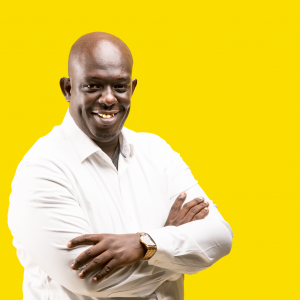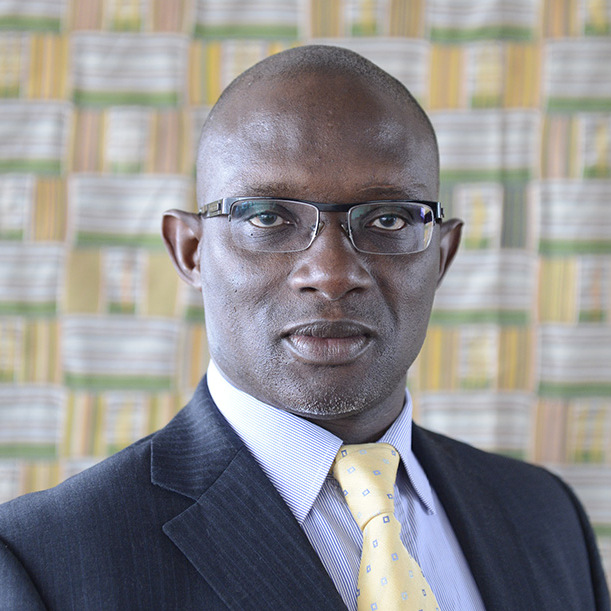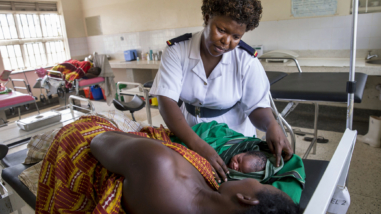On how to be irreverent and other wisdom from Peter da Costa on shifting power in international development

Sarah Lucas, Program Officer for Evidence-Informed Policymaking at the Hewlett Foundation, and Al Kags, Executive Director of Open Institute in Kenya, remember their friend and colleague Peter da Costa, whose tenacity in celebrating and centering African intellectual power inspires them every day. We join in honoring Peter’s legacy and brilliance on this second anniversary of his untimely passing. (Don’t miss the Africa Leadership Centre’s annual memorial lecture in honor of Peter on September 29, with the title befitting of Peter’s legacy: “Reclaiming kindness and compassion as leadership and institutional qualities in Post Pandemic Africa.”)
This is the sixth in a series on shifting power in international giving and what INGOs, NGOs, and funders can do differently to support and sustain more equitable partnerships. In the introductory piece, Pat Scheid frames the issue of shifting power, and in the second, Joe Asunka shares strategies for funders to foster equitable partnerships. In the third and fourth pieces, Pat Scheid speaks with grantee partners about what happens when communities and their concerns are prioritized from the outset, and how to manage the power dynamics in partnerships between European and African NGOs. In the fifth piece, Sarah Lucas talks with Valerie Traore and Thea Anderson about shifting power in funders’ field-building efforts.
Every day we miss Peter da Costa. A man of towering intellect, enormous heart, mild verbosity, extensive networks, and deep history. Peter was a life-long advocate for shifting intellectual power to Africans for African development. He was a man of intellectual revolution rather than street revolution, but we wonder what Peter would have made of the tumultuous two years since his passing—the global uprising for racial justice that spilled out into streets around the world, the more open and frequent calls to decolonize development, and the global inequities further laid bare by the COVID pandemic and response. Peter left us before we could ever know his thoughts on these topics. But we sat down together in his memory to imagine them.




